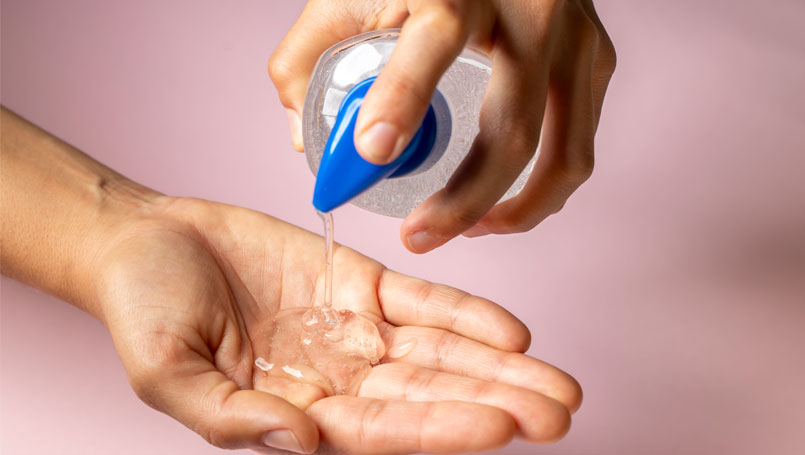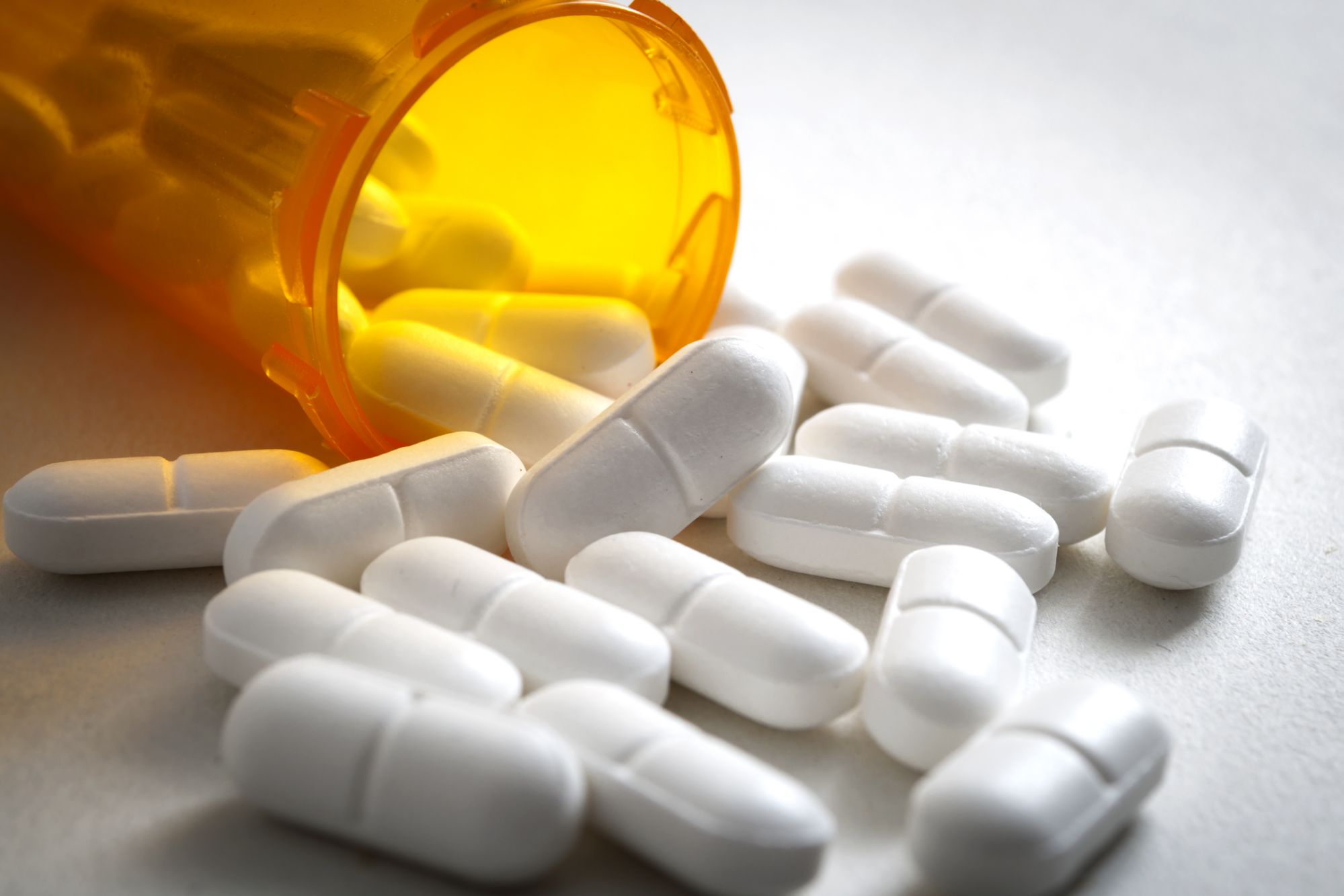Kiev. Ukraine. Ukraine Gate – February 08, 2021 – Health
In Ukraine, cases of allergies have become more frequent due to the use of hand sanitizers and detergents. This is because they contain chlorine, phosphates, and other hazardous substances, doctors say. We use products with these dangerous chemical compounds every day, taking a bath, washing dishes. Why the number of people with allergic reactions is growing, said Olga Lukina, a dermatologist.
Who most often seeks dermatologists?
With various manifestations of allergies, at least two people visit dermatologists every day. Mostly women, because it is they who are more in contact with detergents at home. As a result, rash and irritation. But even worse is that harmful substances can accumulate in the body for years and affect internal organs.
“Chlorine is just the factor that strongly causes skin damage. Both chlorine and fluorine, when ingested, cause toxic damage to the brain, liver, and nervous system,” says dermatologist Olga Lukina.
Disinfectants, which we use daily due to the pandemic, can also provoke allergies. All this will lead to the fact that in 20 years every fifth person on the planet will be allergic.
How to reduce the risk of allergies?
To reduce the risk of allergies, experts advise switching to less harmful detergents. To do this, you need to choose products without chlorine, phosphates, and flavors. There is no more than 10 percent of such in stores and they cost a little more than ordinary ones. Organic products can be used to save on detergents. For example, mustard instead of dish detergent. This will be better for health and for nature. Therefore, phosphates contained in powders lead to flowering rivers. Phosphates have been banned in Germany, Belgium, the Netherlands, and Austria for a long time. In Ukraine, no.
Ecologist Mariana Ginzula says that most water bodies are in bloom, and this is a source of drinking water. It is even dangerous to swim in such water. In turn, the Ministry of Ecology will begin to limit the use of phosphates in detergents only after 2 years. Until then, all responsibility for the release of phosphates in rivers lies with us.






